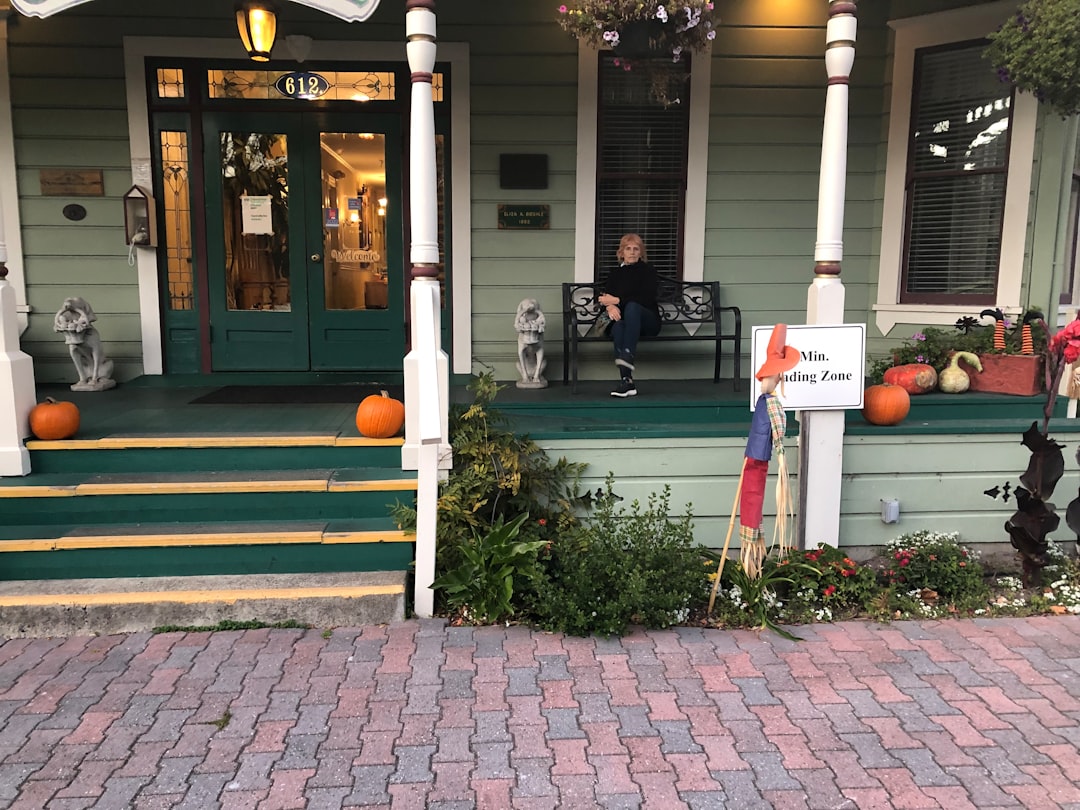Hell’s Front Porch: Are America’s Cities Sleepwalking into a Lethal Heat Future?
It’s 100 degrees in the shade, and America’s busy northeast corridor is boiling. Cities proud of their cultural legacy and economic clout—Boston, New York, Philadelphia, Washington—are now sharing an uncomfortable new identity: climate hot zones. But as the mercury rises, it’s not just sweat and discomfort dripping from this crisis: it’s a boiling pot of denial, division, and dangerous inaction.
The Urban Heat Dilemma: Who Suffers and Who Decides?
The science is clear: Urban “heat islands” trap warmth, making cities hotter than their rural surroundings. But while policymakers squabble over climate change mitigation, millions suffer in silence—particularly the poor, elderly, and marginalized. This is not just about comfort; it’s about who makes it through summer alive.
| Group | Heat Risks | Typical Access to Relief | Societal Response |
|---|---|---|---|
| Affluent Urbanites | Medium | Air conditioning, green spaces | High (private solutions) |
| Low-Income Residents | Extreme | Poor insulation, few green spaces | Low (overlooked, underfunded) |
| Elderly & Disabled | Very High | Mobility/access issues | Medium (charities, some programs) |
| Homeless Population | Off the Charts | None (public spaces policed) | Negligible |
Some call for more government action; others insist on personal responsibility or “market-based solutions.” In the meantime, death tolls climb quietly, stroke and respiratory crises spike, and the discourse boils down to a finger-pointing contest.
The American Love Affair with AC: Blessing or Curse?
If air conditioning is the answer, it may also be part of the problem. America leads the world in air conditioner use, but each humming unit pumps waste heat back into the city. The grid groans; fossil fuels keep burning; the cycle accelerates.
| Perspective | AC as Savior | AC as Villain |
|---|---|---|
| Public Health Advocates | Protects the vulnerable | Raises emissions, drives heat inequality |
| Energy Companies | Drives profits | Stresses aging infrastructure |
| Environmentalists | Short-term life-saver | Long-term climate destabilizer |
| Urban Planners | Essential for survival | Motivates passive, unsustainable city design |
The Psychology of Heat: Why Dystopia Feels “Normal”
Humans are notorious for adapting to the intolerable. In the 1995 Chicago heat wave, hundreds died—but outrage faded quickly. Today, “unprecedented heat” is the new ordinary; kids play indoors, tempers flare, and billionaires retreat to climate-controlled luxury, while our sense of emergency withers.
Quick Facts:
- Heat waves kill more Americans yearly than hurricanes, floods, and tornadoes combined.
- Urban tree canopies can reduce surface temperatures by up to 20°F—but they’re shrinking in poor neighborhoods.
- Many cities lack coordinated early warning and response systems, leaving residents exposed and uninformed.
Beyond Complaints: Rethinking the Urban Contract
What will it take to shatter this complacency? Is it time to demand radical urban redesign? Community-controlled cooling centers, green roofs, solar-shaded transit stops, tree-planting on a massive scale? Or, do we accept that only the lucky few can afford to adapt?
| Solution | Pros | Cons |
|---|---|---|
| Mandated Green Spaces | Cools, cleans air, improves mental health | Costly, may face resistance from developers |
| Public Cooling Infrastructure | Accessible, saves lives | Budget constraints, uneven access |
| Fossil Fuel Phase-out | Reduces future heat, combats climate change | Politically unpopular, disruptive to economy |
| Advanced Building Standards | Long-term resilience, saves energy | Increases housing costs, slow adoption |
We stand at a crossroads—between a future where “brutal” summer heat is tamed by bold, collective action, and one where every sweaty summer writes a new chapter in the tragedy of America’s urban neglect.
It’s not just the heat—it’s the heat (in)justice.
This article was inspired by the headline:
'Brutal 100-degree temperatures will hit cities from Boston to Washington - The Washington Post'.

Comments
No comments yet. Be the first to comment!